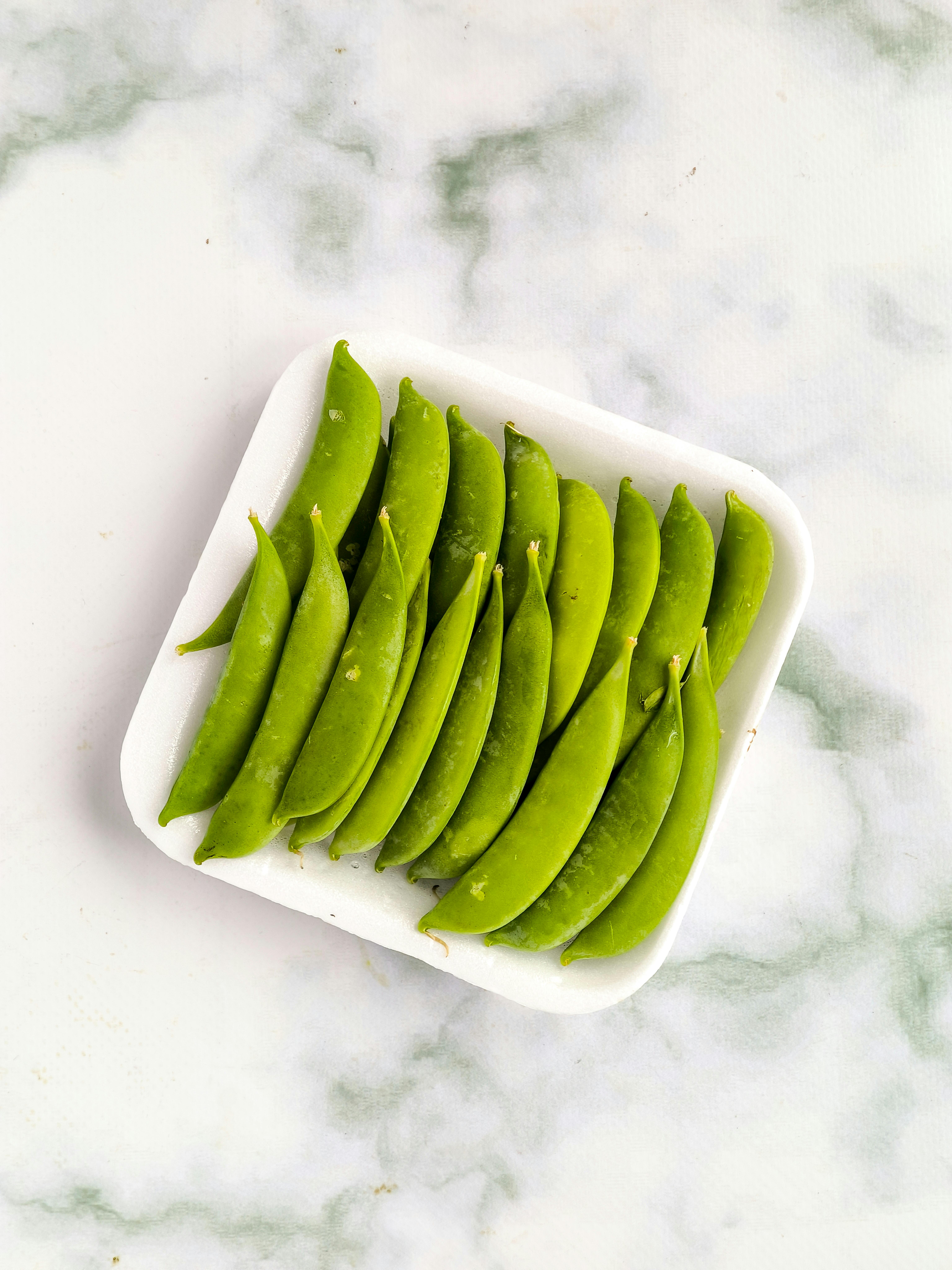
Smart Ways to Bathe Your Newborn in 2025 for Better Skin Care
Bathing a newborn can be an overwhelming experience for new parents, yet it's a vital component of ensuring the infant's hygiene and skin health. In 2025, the best practices for newborn bathing have evolved, emphasizing safety, comfort, and proper techniques. Regular bathing not only keeps your baby clean but also fosters a nurturing bond between caregiver and child. This article will highlight essential guidelines, pediatric recommendations, and practical tips for establishing an optimal bathing routine for your newborn.
As you navigate through this guide, you'll learn about:
- The importance of bathing your newborn.
- How often to bathe your newborn according to pediatric advice.
- Safe bathing practices and essential products to use.
- Tips for making bath time enjoyable for both parents and infants.
By the end of this article, you'll be equipped with the knowledge to effectively care for your newborn's skin through proper bathing techniques, ensuring a comfortable and secure experience for both you and your little one.
Importance of Bathing Your Newborn
Understanding the importance of bathing your newborn is crucial for their hygiene and well-being. Bathing helps in removing impurities, sweat, and any build-up from formula or breast milk, which is essential for maintaining skin health.
According to pediatric recommendations, regular baths can also aid in preventing skin irritations and rashes that are common in newborns due to their sensitive skin. Moreover, establishing a bath time routine can instill calmness and relaxation, creating a soothing environment for the baby.
Bathing not only serves practical purposes but also provides a wonderful opportunity for bonding. When parents engage closely with their newborns during baths, it helps in developing a secure attachment. Bath time can be a moment of playfulness, where the caregiver interacts with the baby through gentle movements and soothing words. This establishes trust and makes future bathing sessions easier.
Understanding Newborn Bathing Frequency
Determining how often to bathe a newborn is an essential part of their care. Pediatricians often recommend bathing newborns 2-3 times a week in the early months, especially before the umbilical cord stump falls off. Initially, sponge baths are advised until the umbilical stump has healed.
In considering the ideal bathing schedule for babies, parents should monitor for signs that their baby needs a bath, like diaper spills or spit-ups. Establishing a frequency that works best for your baby is crucial, as overbathing can dry out the sensitive skin. This is particularly important when considering how to wash a newborn in a manner that keeps their skin moisturized and healthy.
Once the baby grows and adapts to the bathing routine, parents may introduce daily baths if preferred. However, be mindful of the water temperature and duration to avoid skin issues common in newborns related to bathing, ensuring it remains a pleasant experience. It’s also important to reduce bath frequency during colds or illness to prevent further discomfort.
Safe Bathing Practices for Newborns
Safety should always come first when bathing a newborn. Parents must prepare adequately to ensure a secure environment. First, it’s important to gather all supplies – baby shampoo, a soft towel, and a non-slip mat. This prep work can prevent any mishaps that may occur if you leave the room while the baby is in water.
When filling the tub, ensure the water temperature is lukewarm. Using a thermometer is a foolproof way to guarantee the water is at a safe temperature. Pediatric guidelines suggest a water temperature around 98-100 degrees Fahrenheit. Additionally, never leave your baby unattended in the bath for any period – even for a second.
When it comes to bathing techniques, supporting the baby’s head and neck is paramount. A gentle hold can make a significant difference in their comfort level. Also, consider using a baby bath seat if your baby is in an age group that allows for it; this can assist in maintaining stability during the bath. After bathing, ensure proper drying techniques to keep skin irritation at bay; pat dry gently using baby towels and ensure all creases are dried thoroughly to avoid moisture retention.
Newborn Bath Essentials
Choosing the right products is vital for ensuring a positive bathing experience. For newborns, specially formulated products like baby shampoos and body washes designed for sensitive skin should be used. Look for those free from harsh chemicals and fragrances.
Additionally, having soft, absorbent newborn bath towels on hand will enhance the drying process, ensuring your baby stays warm post-bath. Remember to also have a clean spot ready for dressing, ensuring the baby is comfortable and not exposed to cooler temperatures unnecessarily.
Baby bath toys can also play a role in making bath time more enjoyable. However, be sure to choose age-appropriate and safe toys, avoiding those that could pose any choking hazards. Transitioning into playtime during baths can ease discomfort and help your baby look forward to future baths.
Tips for Bathing Your Newborn
Bathing a newborn can have its challenges; however, with these helpful tips, parents can create a harmonious experience. First, establish a calming routine. Consistency helps babies feel secure and familiar with what's happening. Additionally, consider singing softly or playing gentle music during bath time to create a peaceful atmosphere.
Incorporating gentle water splashes can also make the experience engaging. Hold your baby securely with one arm, allowing the other to lightly sprinkle water over their body to keep them comfortable yet amused. Observing your baby's responses during bath time can provide insights into what they enjoy or dislike.
As you gain confidence, don’t hesitate to adjust the frequency of baths based on experience and your baby’s needs. Lastly, ensure that you are calm and collected throughout the process, as babies often pick up on their parents' emotional states. Establishing this positive environment can help solidify a positive perspective on bath time as they grow.


Q&A on Newborn Bathing Practices
How often should I bathe my newborn? – Most pediatricians recommend 2-3 baths per week for the first few months, adjusting based on the baby's needs.
Is it okay to bathe a newborn daily? – Daily baths can be introduced after the first few weeks, though it is important to monitor skin moisture levels.
What should I avoid using during a baby bath? – Avoid items with harsh chemicals or fragrances; stick to products specifically designed for newborns.
Can I bathe my newborn with umbilical cord still attached? – Yes, sponge baths are recommended until the stump has fallen off and the area is healed.
What should I do if my baby enjoys bath time too much? – While it’s great they enjoy it, try to maintain a balanced routine that doesn’t lead to overstimulation.
```